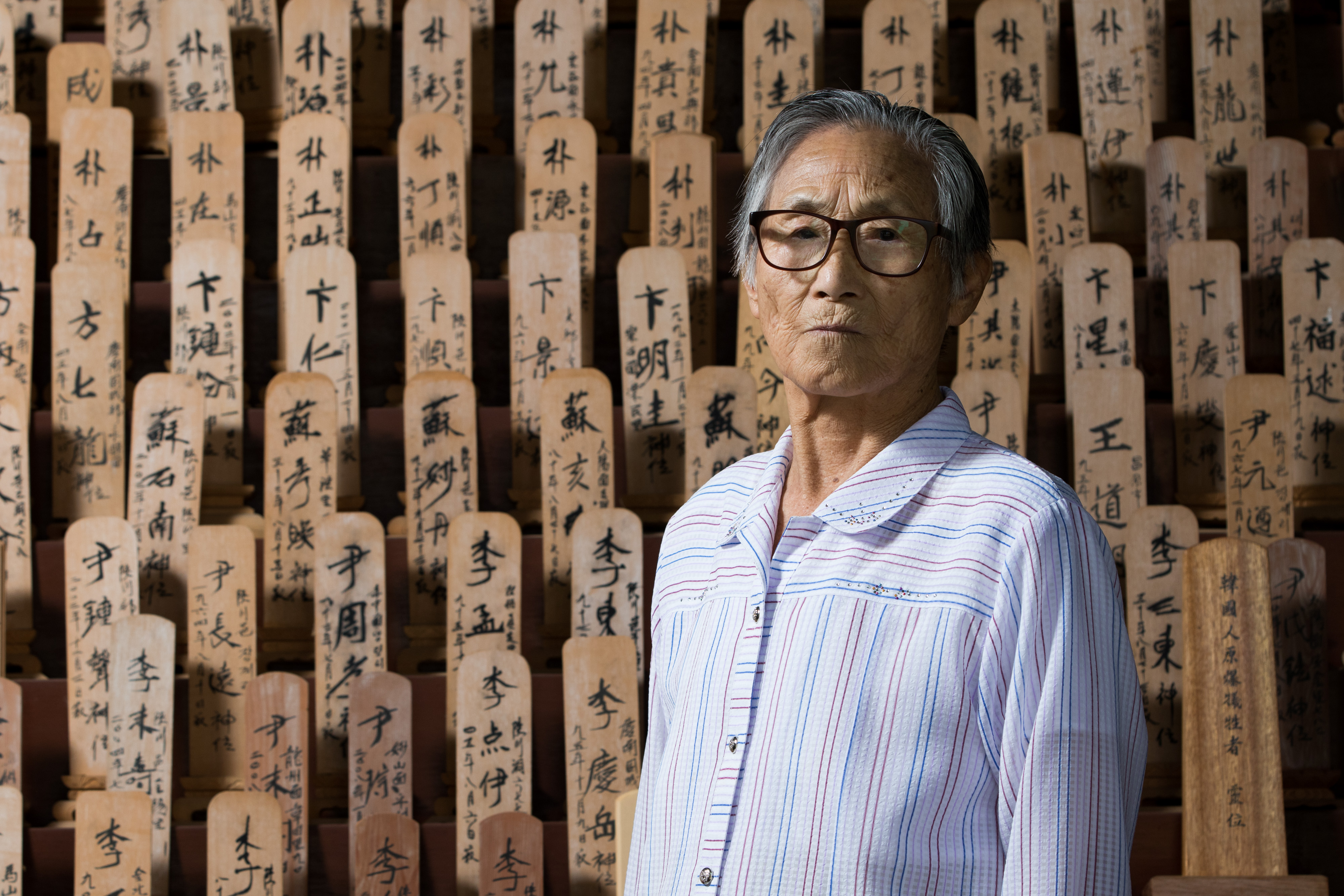The nuclear bomb detonated as a 16-year-old girl sat in a shanty town cradling her baby, waiting for her mother to return from selling candy.
With Hiroshima in flames behind her on Aug. 6, 1945, the teen raced up a mountain to safety. Her mother, burned from head to toe, died about 10 days later.
Baek Du-yi, now 86, had come to Japan by boat 10 years earlier from the food-scarce, Japanese-controlled Korean Peninsula. After the war she returned to her husband's town of Hapcheon, a farming community known as "Korea's Hiroshima," where about 600 hibakusha reside. The town in the southeast of what is now South Korea accounts for nearly a quarter of the Korean survivors of Japan's nuclear blasts.



